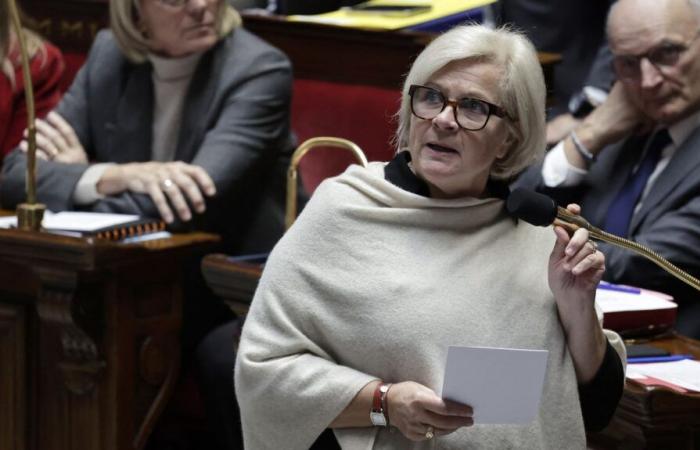Its elimination has been complete since 2023, but it is once again the subject of debate in the midst of a budgetary shortage. “There will be no return to housing tax on main residences”said Catherine Vautrin, Saturday November 2, in The Parisian. The Minister of Territorial Partnership and Decentralization thus responded to criticism from a number of local elected officials, who regret the loss of this resource, while the government is preparing to call on communities to restore the country's finances.
To compensate for this gap in their finances, municipalities have increased their property tax by 20% on average between 2018 and 2023, according to the National Union of Real Estate Owners, which cites the reform of the housing tax among the causes of this. increase.
Few, however, support a resurrection of the housing tax in the same way. So to respond to them, Catherine Vautrin said she was open, on Saturday, to thinking about “possible participation in living in the city or village”.
In the interview at Parisianthe minister did not close the door to the idea of a “citizen contribution to public service” put forward by the Association of Mayors of France (AMF): “It's not ridiculous. Without recreating a form of housing tax, making everyone responsible for the importance of the cost seems to me to correspond to a requirement that we cannot do without.”
The AMF in fact mentioned, at its 2023 Congress, “the establishment of a universal territorial contribution, so that all residents – households and businesses – can participate up to their means in financing the local public services from which they benefit”.
The mayors of France are in fact among the opponents of the abolition of the housing tax, as explained by the cochairman of their finance committee:
“The abolition of the housing tax has severed any fiscal link between many residents and their municipality, and has largely destroyed the fiscal autonomy of municipalities.”
Antoine Homé, co-chair of the AMF Finance Committeeà l'AFP
In October, in Le Figaro, the vice-president of the AMF André Laignel detailed the form that the new contribution could take: “Each household would pay it and its amount could represent only a few euros per month for the most modest households without weighing on taxation. We could even provide a mechanism to avoid making it an additional tax by allowing, for example, that this [cotisation territoriale universelle] be subtracted from income tax.”
This measure would undoubtedly be “unpopular” but can nevertheless be justified, believes economist Christian Saint-Etienne, interviewed by France 2: “If we want communities to continue to provide the services requested by voters where they live, we need the return of this contribution”. He estimates that it could bring in 15 billion euros in the first year.
Housing tax: towards a universal contribution?
Housing tax: towards a universal contribution?
(France 2)
The return of a tax to finance local authorities has been proposed in other forms. Michel Fournier, president of the Association of Rural Mayors of France, for his part, evokes a “contribution based on income”. The subject could come to the fore in the debates in the coming months. David Amiel, deputy of the presidential camp, thus considered that a reflection should be carried out “with local communities” to know which “levers” extra give them.
In The ParisianCatherine Vautrin says she wants “open consultation with local elected officials at the beginning of 2025” : “We have a national-wide reflection, which has not yet been decided. It is that of the link between the participation of our fellow citizens in the entire use of the city.” However, she assures that the “compulsory withholding rate”déjà “pupil” In France, “[n’augmentera] not” with the formula that will be found.







